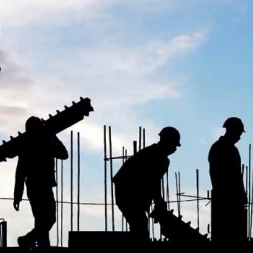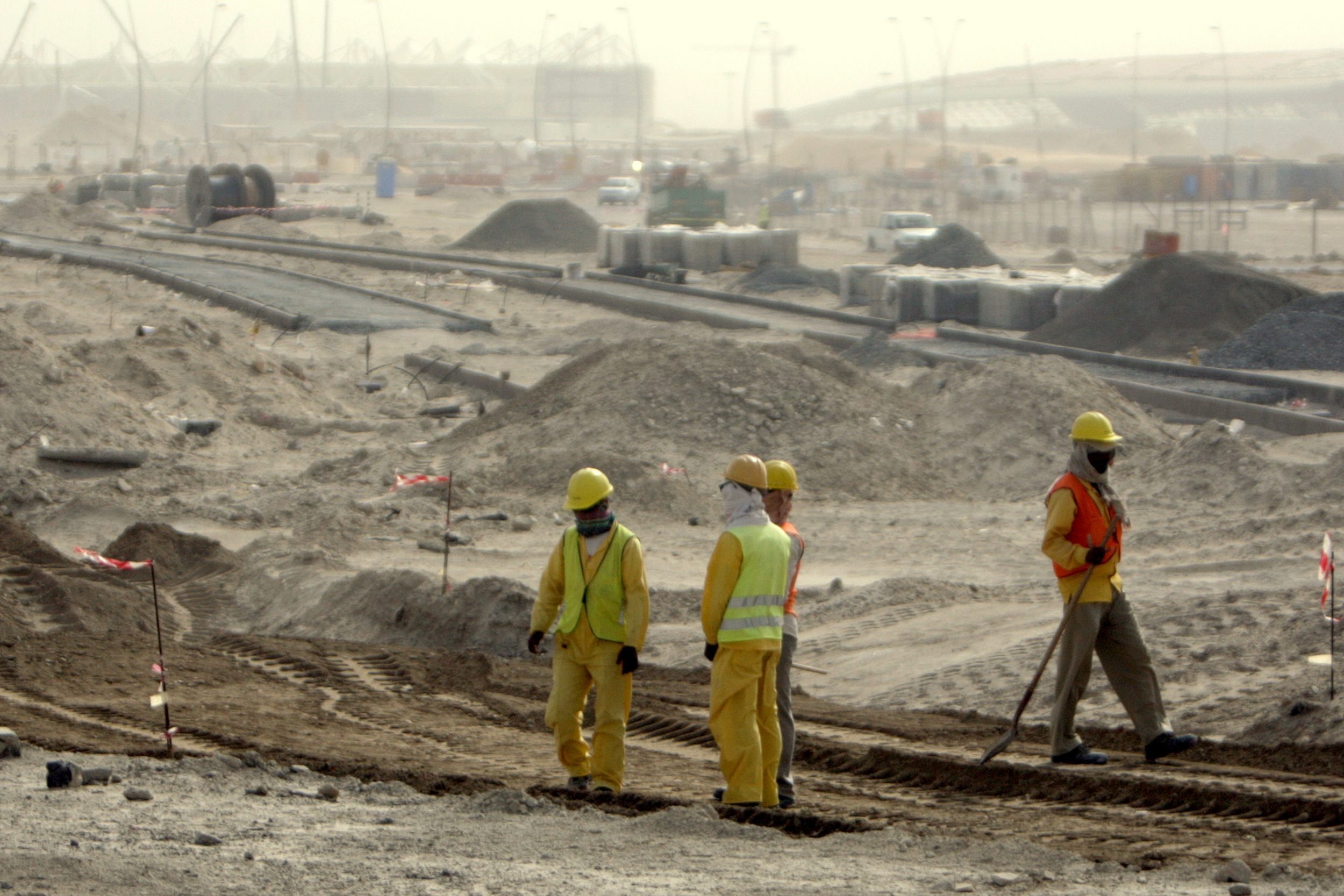Construction
July 26, 2018
[ BACK TO ISSUES ]
MANUFACTURING
TECHNOLOGY
INVESTING
CONSTRUCTION
FISHING
EXTRACTIVES
FOOD & BEVERAGE
SUSTAINABILIty
Quick Facts
Value of construction projects completed across the GCC, 2014
Remittances migrant workers sent to developing countries, 2011
Height in feet of Dubai’s Burj Khalifa, the tallest structure in the world
center commentary
Every year, millions of migrant workers leave their homes to pursue jobs and economic opportunity in the booming global construction industry.
With limited employment alternatives in their home countries, migrant workers seek opportunities abroad that allow them and their families to move out of poverty. But these workers often operate in a gray zone between home and host country protections that leave them vulnerable to exploitation, especially in the recruitment process. Some recruitment agencies charge workers exorbitant fees – in some cases an amount equal to a year’s salary – to place them in construction jobs abroad. After they migrate, workers can encounter poor working conditions, unpaid or underpaid wages, or the inability to leave the country or change jobs without their employer’s permission.
In March 2017, the NYU Stern Center published, Making Workers Pay: Recruitment of the Migrant Labor Force in the Gulf Construction Industry. The report reveals that workers regularly pay thousands of dollars over the real costs of recruitment to secure jobs. It also identifies the business practices, both in Gulf construction and in the recruitment industry, that lead to the charging of these fees. This system requires many workers to incur heavy debt, leaving them vulnerable to other forms of exploitation once they arrive in the Gulf.
The Gulf Construction Tracker is a joint project between Business & Human Rights Resource Centre and the NYU Stern Center for Business and Human Rights, supported by Humanity United that tracks the ongoing awarding of construction contracts in the six countries of the Gulf Cooperation Council. It is designed to help stakeholders understand the landscape of companies investing in and employing migrant workers on their projects.






